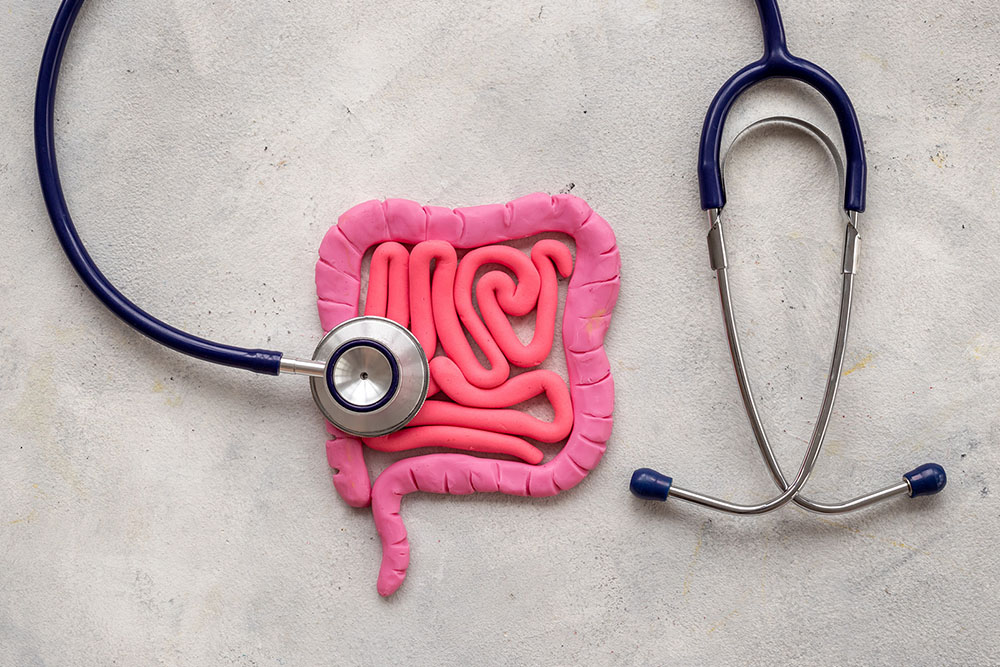What Is Ulcerative Proctitis?
Ulcerative proctitis is a mild form of ulcerative colitis limited to the rectum. It leads to inflammation, swelling and small ulcers in the rectal lining. Many people experience light symptoms and respond well to treatment.
Common Causes and Risk Factors
- An autoimmune reaction where the immune system attacks rectal tissue
- Having a parent or sibling with ulcerative proctitis or colitis
- Typical onset between ages 15 and 30
- Possible triggers such as stress, certain foods or medications
Signs and Symptoms
- Blood in the stool
- Frequent or urgent need to have a bowel movement
- Mild abdominal or rectal cramping
- Mucus in bowel movements
Expert Treatment for Ulcerative Proctitis by Dr. Bharat Pothuri
Dr. Pothuri uses a step-by-step approach:
Medical History and Exam
He reviews your symptom pattern (bleeding, urgency, mucus), bowel-movement changes, family history of IBD, and any potential triggers. A focused abdominal exam and digital rectal exam help assess tenderness and inflammation.
Blood Tests
He orders a complete blood count to check for anemia, C-reactive protein and ESR to gauge inflammation, and basic metabolic panels. Stool studies may also be done to rule out infections and measure fecal calprotectin.
Imaging Studies
- Flexible sigmoidoscopy allows direct visualization of the rectal lining.
- Colonoscopy may be performed when wider colon evaluation is needed.
- Cross-sectional imaging (CT or MR enterography) is used only if complications or deeper bowel involvement are suspected.
Advanced Testing (if needed)
If the diagnosis remains unclear or to assess microscopic disease activity, a small tissue biopsy is taken during endoscopy for histologic confirmation.
Frequently Asked Questions
What is the difference between ulcerative proctitis and ulcerative colitis?
Ulcerative proctitis involves inflammation only in the rectum, whereas ulcerative colitis affects larger portions of the colon.
Is treatment different?
Yes. Proctitis often responds to milder therapy, including topical suppositories or enemas, while colitis may require oral or systemic medications.
Can food help manage this condition?
Dietary changes can ease symptoms but do not cure the disease. Most patients still need prescribed medications for long-term control.
What does ICD-10 K51.2 mean?
ICD-10 K51.2 is the official diagnosis code for ulcerative proctitis, used for insurance billing and medical record keeping.
How fast does treatment work?
Many patients notice improvement within a few days to weeks of starting therapy, though full remission may take longer.
What happens if I ignore symptoms?
Untreated proctitis can lead to anemia, severe bleeding, increased infection risk, and a small long-term cancer risk.
Is it passed down in families?
Having a close relative with inflammatory bowel disease raises your risk, though it's not directly inherited in every case.











